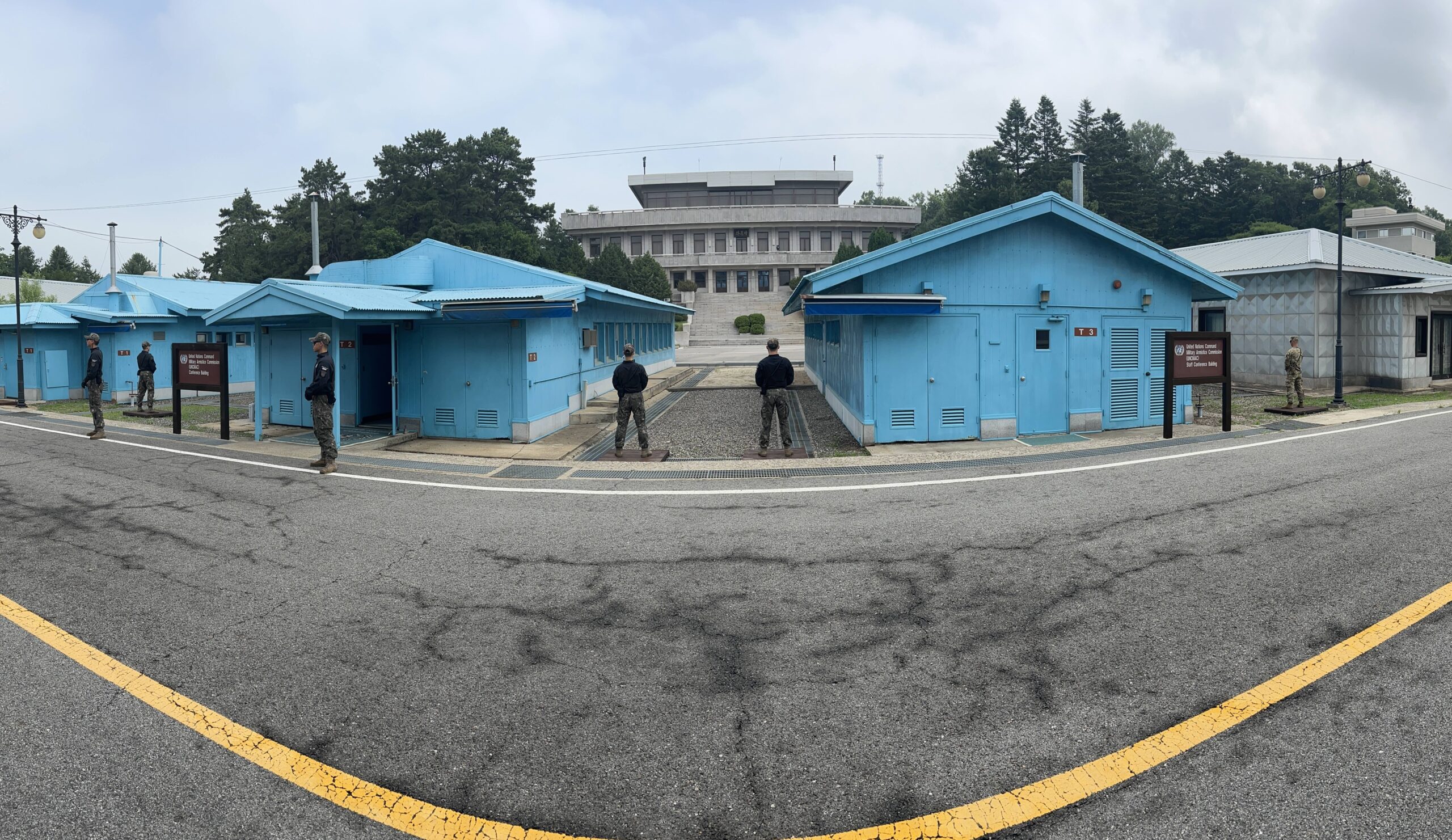SEOUL, South Korea (AP) – Tensions between North and South Korea have escalated once again as both sides engage in a war of balloons. In the latest incident, North Korea sent over 1000 trash-filled balloons towards the southern part of the Korean Peninsula, prompting Seoul to announce its decision to resume anti-North Korean propaganda loudspeaker broadcasts in border areas. This move is certain to anger Pyongyang and potentially lead it to take retaliatory military steps, adding to tensions between the war-divided rivals amid a diplomatic stalemate over the North's nuclear ambitions.
South Korea's National Security Director Chang Ho-jin led an emergency security meeting on June 9, 2024, where officials decided to install and begin loudspeaker broadcasts. The decision came after several days of North Korea sending trash balloons across the border and jamming GPS signals.
In response to this provocation, activists in South Korea sent balloons containing K-pop music, dramas, USB drives loaded with South Korean cultural content, leaflets criticizing Kim Jong Un, and U.S. $1 bills towards North Korea on June 7 and 8.
North Korea has a long-standing sensitivity to South Korean songs and dramas as it fears they could demoralize front-line troops and residents. In the past, Pyongyang has taken retaliatory measures against such activities, including artillery fire across the border.
The 2018 Comprehensive Military Agreement between North and South Korea was suspended by Seoul on June 27, 2023, following several trash balloon incidents. The agreement aimed to restore normal military activities along the border. However, with tensions once again on the rise, it remains to be seen if diplomatic efforts can resume anytime soon.
Pyongyang's actions come at a time when international attention is focused on its nuclear program and ongoing negotiations with the United States. The latest escalation in tensions between North and South Korea serves as a reminder of the complex geopolitical landscape in East Asia.


